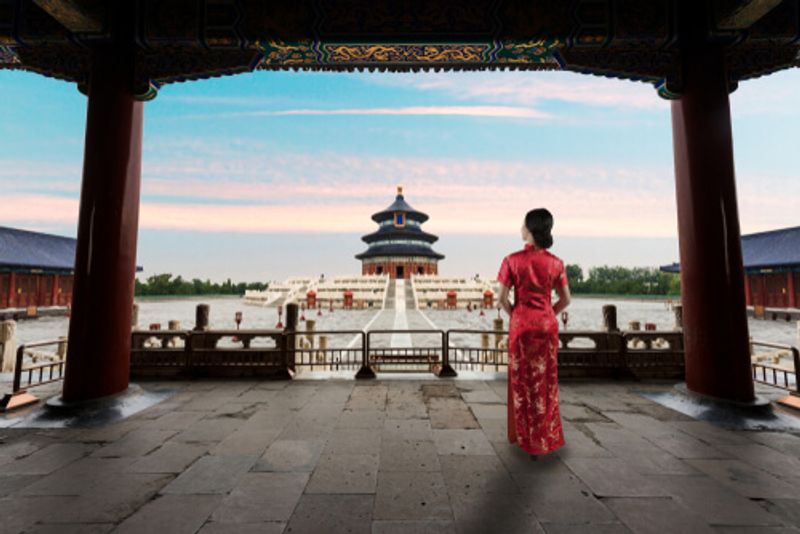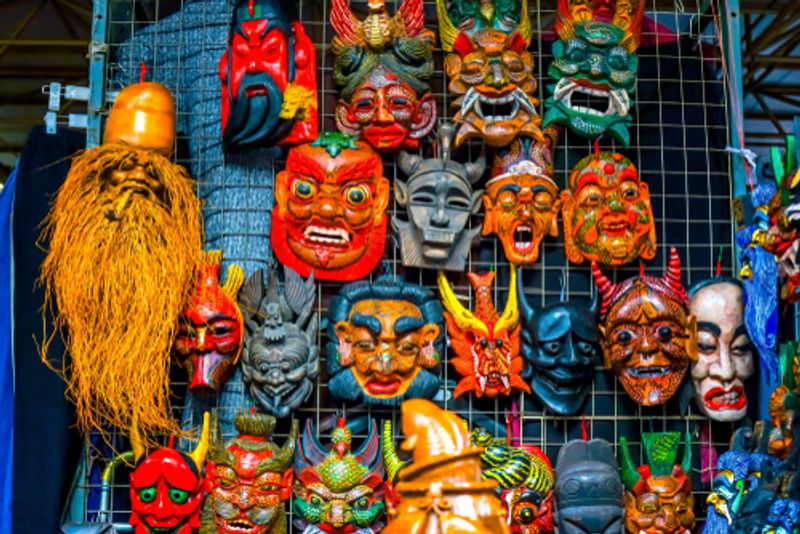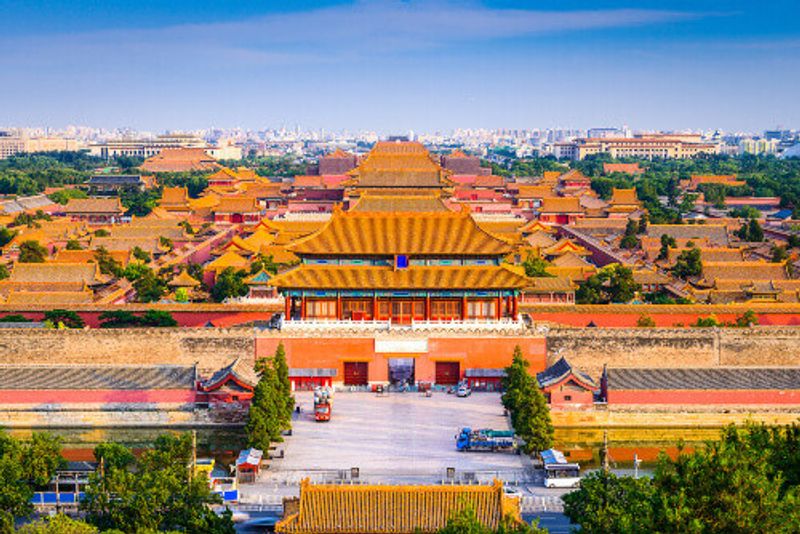The jewel in China's crown is a proud capital city that is ever-evolving and never disappoints
Formerly known as Peking, Beijing has been an important city throughout Chinese history. It has functioned as a political, economic and cultural hub for six different dynasties including the current People’s Republic of China, and is home to approximately 21 million people. Thanks to its rich history and capital stats, Beijing’s must-see list is a long one: imperial gardens, opulent palaces and ancient temples. It’s no surprise that the city is the most visited destination in China.
In addition to its function as a strategic and financial capital, the city was also home to an early ancestor of the Homo sapien. In the 1920s, palaeontologists uncovered the fossilised remains of an extinct hominid known today as the Homo erectus. It’s believed that the Peking Man and other members of human lineage lived in the area of Zhoukoudian in southwest Beijing approximately 500,000 years ago, and scientists have located dozens of their bones. German anthropologist, Franz Weidenreich, once proclaimed the Peking Man was an ancestor of the Chinese people and as a result, Beijing gained the nickname ‘cradle of humanity.’
The most efficient way to get around the city is by public transport. To do that, you’ll need a yikatong (metro smart card). The reloadable card will grant you access to the city’s vast subway and bus network, airport express trains, public phones and long-distance buses. Even a few supermarkets take yikatong cards in place of cash. If you’re feeling energetic you can always traverse the busy grid on foot or bike, taking in the sights as you go. Beijing is safe for pedestrians and cyclists, but it is a sprawling city with eight ring roads.
Tiananmen Guangchang (Tiananmen Square) sits at the heart of Beijing in all its 440,000 sqm. Far from being a disused square, it is said to be able to hold anywhere between 500,000 and one million people. Tiananmen expanded in the 1950s and is home to important monuments such as the Great Hall of the People (which hosts the Chinese Parliament and the annual meeting of the National People’s Congress), the National Museum of China, and Mausoleum of Chairman Mao Zedong.
Tiananmen is also the focal point for an important daily attraction: the flag-raising and flag-lowering ceremonies, which are held to coincide with sunrise and sunset.
The north side of Tiananmen Square faces the breathtaking Gu Gong (Forbidden City) which housed the imperial palaces of the Ming and Qing dynasties. The largest ancient palatial structure in the world was built during the reign of Emperor Chengzu of the Ming dynasty. In total, 980 buildings and over 8,000 elaborately decorated rooms complete the Forbidden City. Many of the public rooms have been transformed into galleries which display artwork, while others remain frozen in time, untouched and closed to the public.
Situated in the northwest of Beijing, the Yiheyuan (Summer Palace) is considered the most beautiful and well-preserved royal park in China. Known as the royal families summer playground, the gardens and lake provide respite from Beijing’s scorching summer heat. Tiantan (The Temple of Heaven), located in the Chongwen district, is a where Qing and Ming emperors held heaven worship ceremonies for bountiful harvests. There are two circled walls which make up the Temple – an inner part and outer part. The most magnificent buildings are the Huanqiutan (Circular Mound Altar), the Huangqiongyu (Imperial Vault of Heaven) and the Qiniandian (Hall of Prayer for Good Harvest). These two ancient monuments are beautifully maintained and a trip to Beijing is not complete without a visit.




